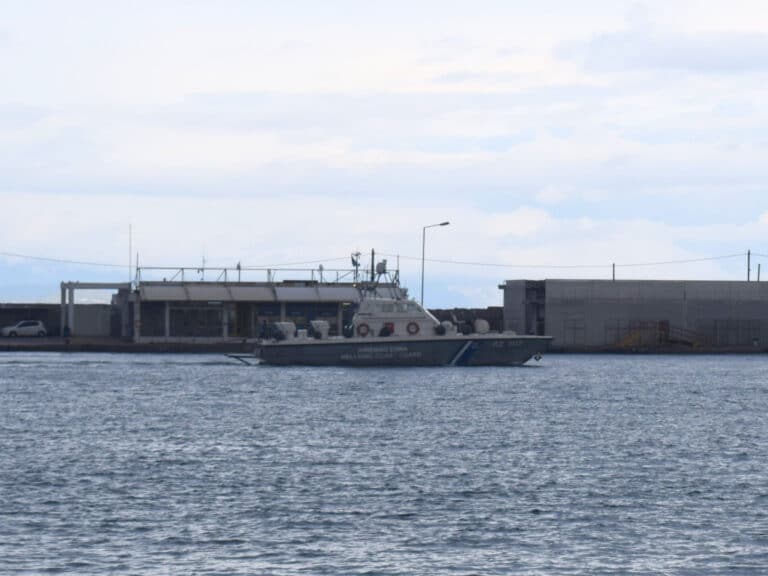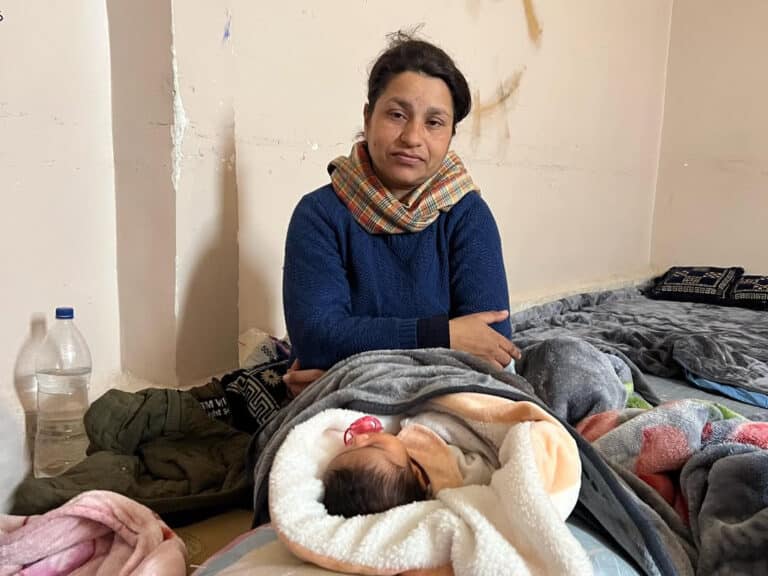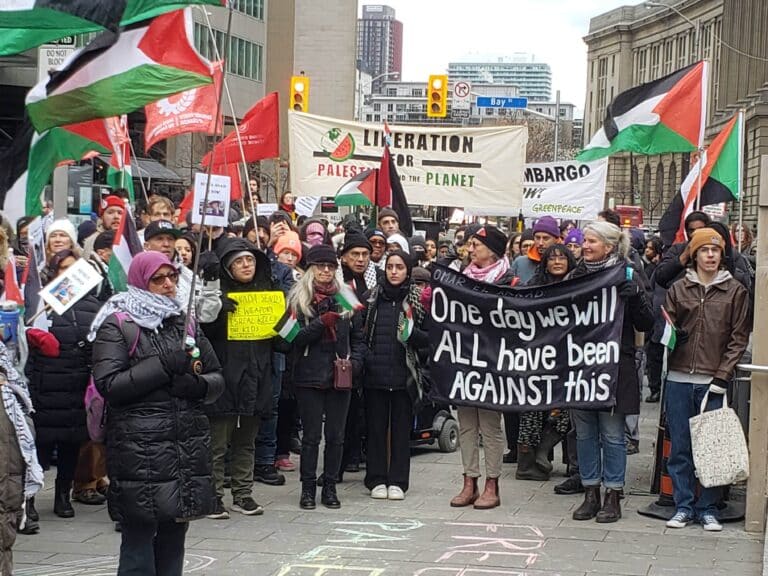Milad, a young Palestinian girl, has a story that is different from that of many children. She is the result of smuggled or “liberated” sperm, as her father called it, from inside the prisons of the Israeli occupation. She was conceived inside her mother’s womb, the journalist Sanaa Salama, after receiving the sperm from her father Walid Daqqa, a thinker, politician, writer, and a 62-year-old prisoner who spent 38 years inside Israeli prisons. He met his wife Sanaa while he was in prison and they were married in 1999 even as he remained behind bars.
For years, the couple requested the Israeli prison authorities to hold a wedding ceremony inside the prisons, but their requests were met with rejection. They finally managed to get married after years of demand. They met and hugged for the first and last time without barriers and restrictions.
Their love story continued inside the prisons of the occupation until they decided to exercise their simplest right to have a child. This child would be the fruit of this love and marriage. Walid and Sanaa were forced to smuggle sperm in order to conceive Milad, who was born in 2020. Her mother, Sanaa, said on the day of her birth, “Today, Milad broke the walls of the prison and liberated her father from his captivity, heralding the birth of freedom, the birth of challenge. Today, Milad came into the world in the city of good news, Nazareth, to be a birth of good news, carrying the light of love and peace.”
In her first years of life, the Israeli occupation authorities refused to recognize her, prohibiting her registration with government documents as Walid’s daughter and denying her the right to visit her father. However, after a year and a half, they conducted a DNA test confirming that she was the daughter of the prisoner, Walid.
Her father saw her from behind bars and wrote to her on her first birthday: “Who would trade what’s left of my life with one hug from her little arms… Who is my Milad, who, when she was born, placed her little hands on my heart, and the pulse became regular, the body became healthy, and decades of pain vanished. Who, my heart’s desire, will come to doze off on her father’s chest to caress her soft hair. To my beloved Milad… Happy birthday!”
He would give the rest of his life just to see her and hug her. Since she uttered her first words, Milad has been protesting in every demonstration, shouting, “Freedom, freedom, for our prisoners, freedom.” But Walid wouldn’t get that chance to hold his daughter, as he passed away this week in an Israeli prison.
Walid’s death was a result of a series of violations lasting 38 years, including cancer, medical neglect, torture, humiliation, and deprived of visits from his family. He was transferred to the hospital twice recently due to the deterioration of his health, according to Amnesty International.
Agence France-Presse quoted the head of the Palestinian Prisoners Affairs Authority, Qadura Fares, saying that “the martyrdom of the prisoner Walid is the result of the policy of medical neglect practiced by the occupation authorities against the prisoners.”
Even his family was prevented from holding a mourning ceremony for him in the place where he was born in Baqa al-Gharbiyye. Israeli forces stormed his mourning tent, beating people and throwing bombs, causing terror among the mourners.
Walid passed away without embracing Milad and without hugging Sanaa again.
The suffering of Palestinians will not stop here. We will hear a new story every minute, making us feel more and more sorrow and helplessness as the struggle continues. Let us pray for Walid’s family during this time of mourning. We pray for liberation for all Palestinian prisoners from Israeli occupation jails and an end to the occupation of Palestine.




